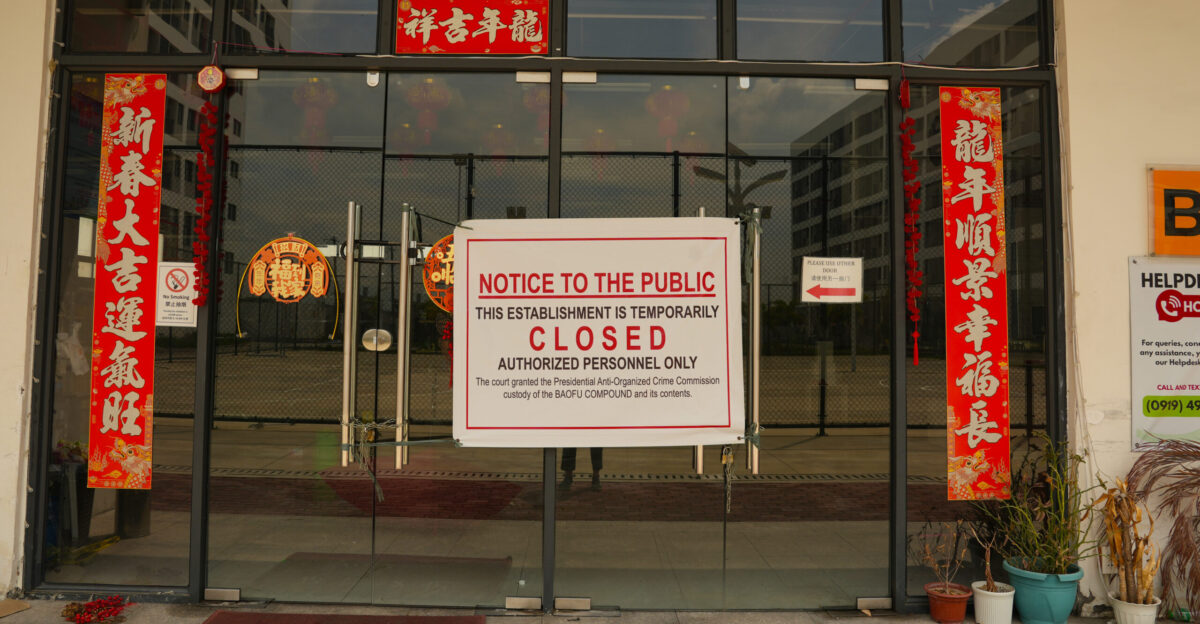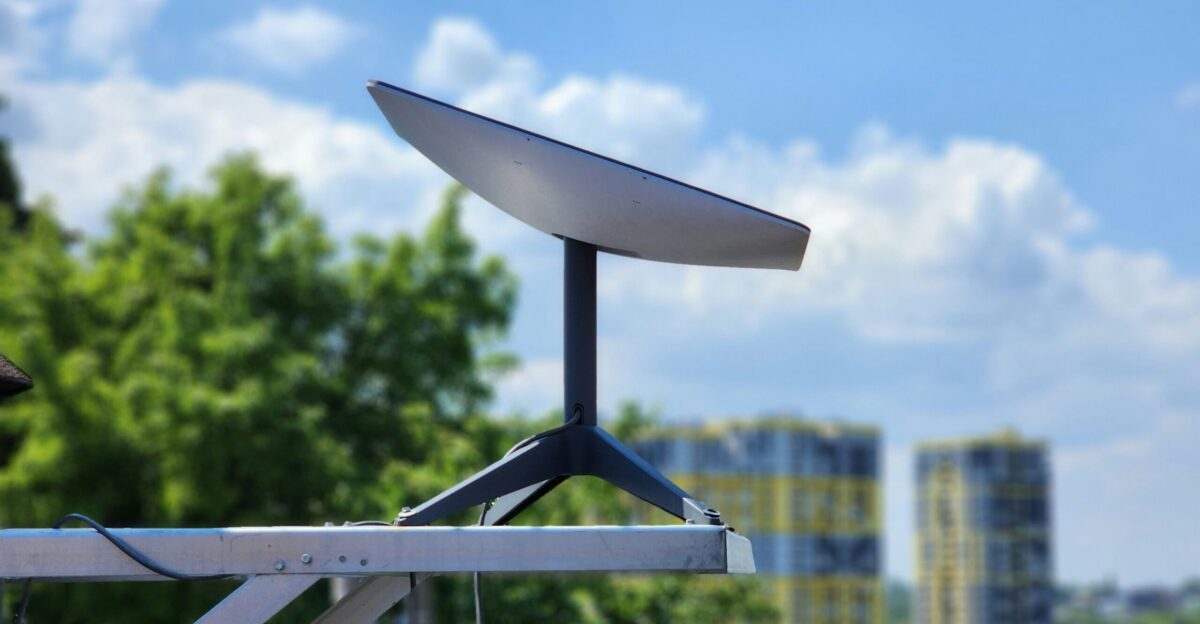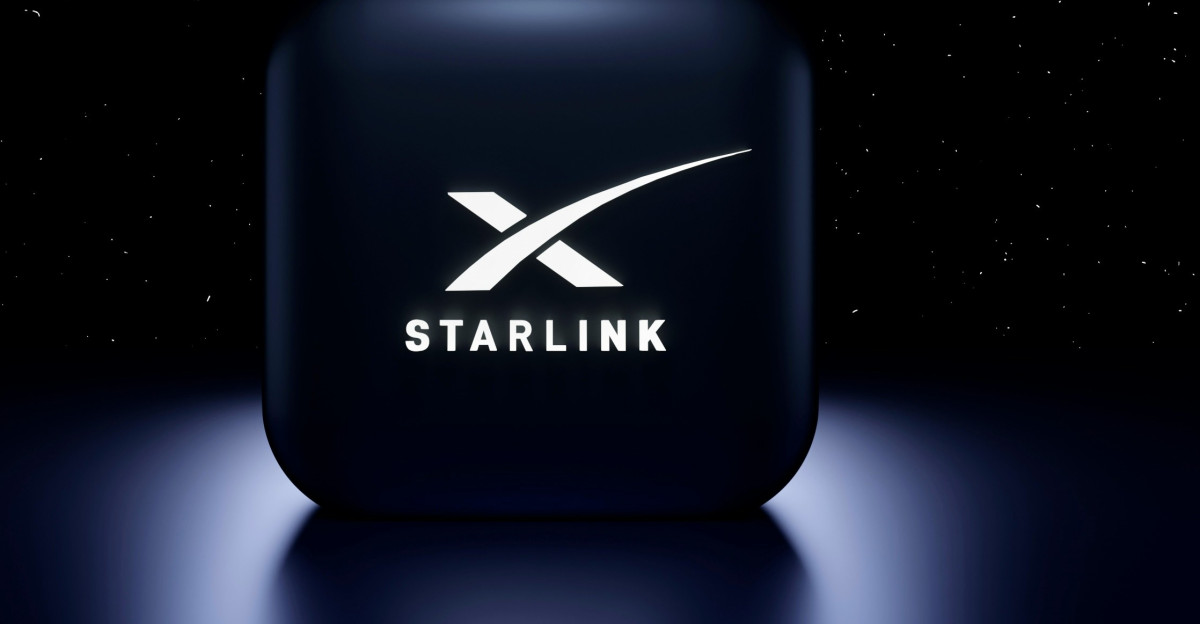
In October 2025, SpaceX disabled 2,500+ Starlink devices linked to sprawling fraud compounds on the Myanmar–Thailand border. These camps, run by transnational crime rings, had been defrauding victims worldwide for years.
The move marked a rare instance of a tech company actively cutting off internet access to criminals. What triggered this unprecedented action?
Billions Lost to Scammers

The stakes are enormous. US Treasury reports estimate Americans lost over $10 billion in 2024 to Southeast Asia–based scam operations. A United Nations report found Myanmar-based fraud rings stole roughly $37 billion in 2023.
Disabling Starlink threatened this illicit revenue stream – but how much would the loss of connectivity actually hurt these syndicates?
Starlink’s Unintended Role

Originally launched in 2019 to expand broadband globally, Starlink’s satellites can evade local shutdowns, inadvertently creating a “lifeline” for criminals. By mid-2025, APNIC data showed Starlink had become Myanmar’s largest internet network.
Syndicates in the border regions used it to resume operations after power cuts, coordinating international scams as if firewall and cable outages did not exist.
Mounting Global Outcry

As reports of satellite-linked scams surfaced, international pressure mounted. US Senator Maggie Hassan warned that “transnational criminals halfway across the world may be perpetrating these scams by using Starlink internet access”.
Operation Shamrock leader Erin West agreed, calling it “abhorrent” that an American company was enabling global fraud. Lawmakers and NGOs urged SpaceX to fix the problem quickly.
Starlink Kits Disabled After KK Park Raid

On 21 October 2025, SpaceX announced it had proactively disabled over 2,500 Starlink kits near suspected scam centers in Myanmar. This drastic step followed a military raid on the KK Park compound, one of the region’s largest fraud factories, where authorities freed ~2,000 trafficked workers and seized about 30 Starlink dishes.
The announcement stunned analysts and marked a dramatic shift in corporate responsibility.
Disrupting Border Scam Centers

The raids targeted hubs in the Myawaddy area along the Thailand border. Over 30 scam compounds operate there. Many are run by Chinese-led gangs that traffic people under false pretenses and force them into long, grueling fraud shifts.
Cut off from Starlink’s signal, these centers lose a key communications link, potentially crippling how they coordinate transnational deception.
Human Toll Behind the Scams

Behind the statistics is a human tragedy. In KK Park alone, soldiers found roughly 2,000 captives hidden in squalid dormitories. Survivors described brutal regimes of beatings, torture and captivity for failing quotas.
Starlink’s head of business operations, Lauren Dreyer, put it bluntly: “We are committed to ensuring the service remains a force for good,” pledging to stamp out abuse. The freed victims left behind sobering evidence of years of torment.
Industry on Alert

Meanwhile, SpaceX’s bold move has put the entire satellite internet industry on notice. Regulators worldwide are asking if other providers could similarly be used by criminals. Analysts suggest industry-wide fixes – mandatory identity checks, “geo-fencing” of service areas and real-time monitoring – to prevent abuse.
Even rivals in satellite broadband (e.g. OneWeb or Amazon’s future network) now face questions about how they vet customers.
Surge in Satellite-Enabled Fraud

Satellite-powered scams have surged in scope. A UNODC report found Myanmar-based fraud rings netted about $37 billion in 2023. In the US, Treasury officials say American victims lost over $10 billion to Southeast Asia–based scams in 2024.
Cutting Starlink’s connectivity deals a critical blow to these networks, but experts warn that criminals will simply seek new platforms or technologies to keep defrauding people.
Captives Still Trapped

Even after these raids, the crisis endures. UN data warns that up to 120,000 people may still be held in Myanmar scam factories. Many remain enslaved, forced to run cons day and night online.
This grim fact shows that disabling Starlink is only one part of a much larger battle to free captives and dismantle the fraud machine.
Calls for Corporate Accountability

The slow pace of change has frustrated rights groups and officials. One US Treasury official warned that the scam rings not only defraud Americans, but also “subject thousands of people to modern slavery”. NGOs like Operation Shamrock insist tech firms must be proactive, not reactive: companies should permanently police their networks to block criminal misuse.
There’s a growing consensus that firms can no longer plead ignorance.
SpaceX Leadership Under Scrutiny

With the scandal in headlines, SpaceX’s leadership came into the spotlight. The US Congress Joint Economic Committee announced a formal investigation into Starlink’s role. It can subpoena executives to testify (though it cannot compel Musk’s attendance).
SpaceX argues its crackdown was a company policy decision made internally. Still, outsiders are watching whether Musk and other bosses will be held to account for their earlier inaction.
SpaceX Announces New Safeguards

SpaceX now says it will bolster its defenses against misuse. Company announcements hint at tougher customer vetting, “geo-fencing” by region, and real-time monitoring of unusual activity.
The goal is to rebuild trust: as analysts note, Starlink should connect remote communities and prevent “bad actors from exploiting their technologies”. SpaceX aims to ensure its service truly becomes “a force for good” in practice.
Experts Warn

However, security analysts caution that networks will simply adapt. As one commentary noted, cyber scams fall into a “legal gray zone” – straddling fraud, money-laundering, and cybercrime laws. Stopping these syndicates is a “significant challenge,” requiring constant vigilance.
Campaigners point out that “our own technology was being used against us,” underscoring that shutting off Starlink doesn’t end the fight.
Industry’s Next Steps Questioned

What’s next for the industry? Other connectivity providers are now being watched closely. If Starlink’s action sets a precedent, will satellites in India or Africa be similarly cut off? Tech commentators debate new rules: some lawmakers propose requiring companies to screen buyers and flag abuse in real time.
Others warn regulators might overreach. For now, SpaceX’s example has sparked a global conversation about the responsibilities of all internet providers.
Policy Debates Emerge

The incident has sparked heated policy debates. In Washington and Southeast Asia, lawmakers discuss new legislation. Some proposed US bills would mandate satellite companies to block illicit use. Regional governments are considering tougher cross-border cybercrime laws.
At the same time, critics caution that overly broad rules could cut off legitimate users in remote areas. The tension between security and universal connectivity is now front and center.
Regional Cooperation Intensifies

Regionally, authorities have actually stepped up coordination. A Feb 2025 Thai–Chinese–Myanmar raid liberated over 7,000 scam victims from border compounds. Cambodia and Laos have likewise detained or deported hundreds of suspected scammers.
Observers say SpaceX’s crackdown gave these efforts fresh momentum: by spotlighting the issue, it helped justify and reinforce the tough measures already underway.
Legal and Jurisdictional Hurdles

Even with tech fixes, legal challenges loom. Scam operations span multiple countries, falling into a “gray zone” of law. Myanmar’s unstable judicial system and lack of extradition agreements make it hard to prosecute ring leaders. Without clear global frameworks, even well-documented cases can stall.
SpaceX can cut the tech link, but nailing the criminals will demand unprecedented international legal cooperation.
Tech’s Ethical Reckoning

Within the tech world, the controversy is prompting reflection. SpaceX, long celebrated for innovation, had to face the unintended consequences of its network. Ethicists note this case underscores the need for “responsible innovation”: companies must anticipate misuse and build ethical safeguards into products.
As one expert warned, without foresight even helpful technology “can empower criminals” as much as it connects communities.
A Turning Point in Cybercrime
Ultimately, many see the Starlink shutdown as a potential turning point. Observers stress that vigilance, transparency and cooperation will be key going forward. SpaceX’s unprecedented action shows that private companies can take dramatic steps against tech-enabled crime.

The world will be watching the follow-up: how regulators and companies respond now could reshape the balance of opportunity and risk in our increasingly connected world.